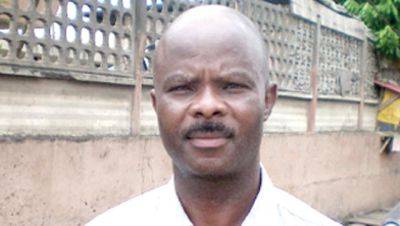IOC elections: Tension builds in Athens as Coe, six others battle for Bach’s job
The battle for the leadership of the International Olympic Committee (IOC) will end today in Greece, where seven people are vying to replace Thomas Bach as IOC president.
Feelers from Greece say that today’s election promises to be one of the most uncertain in decades as there are high stakes, high expectations and the future of the Olympic Games on the line for the duration of the exercise.
The candidates for sports top job are current World Athletics president and former Olympic champion, Sebastine Coe, HRH Prince Feisal Al Hussein, Mrs Kirsty Coventry (a Zimbabwean), Johan Eliasch, David Lappartient, Juan Antonio Samaranch, who is son of former IOC president of same name and Morinari Watanabe.
One of the unique features of this election is that it features a peculiar system with rules dating back more than 100 years, which adds another layer of mystery to a process that generally leaves little room for surprises.
The IOC’s voting system bears some similarities to the Roman Catholic Apostolic Church’s papal election process, known as a conclave. Both systems are designed to be highly confidential and secretive, increasing suspense, speculation and behind-the-scenes negotiations in a discreet and closed environment.
Since 1925, with the election of Count Henri de Baillet-Latour (Belgium), who succeeded Pierre de Coubertin after the latter’s death, candidates have gone through a series of successive rounds until one receives an absolute majority (more than half of the total votes) of the IOC members.
This process, which holds behind closed doors and requires members to leave their electronic devices outside, is notoriously opaque.
In each round, the candidate with the least support is eliminated, and in the event of a tie, an





